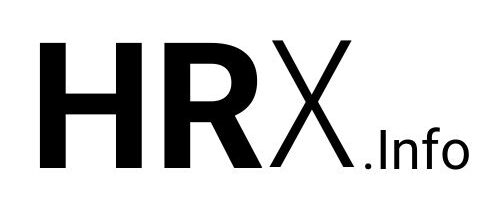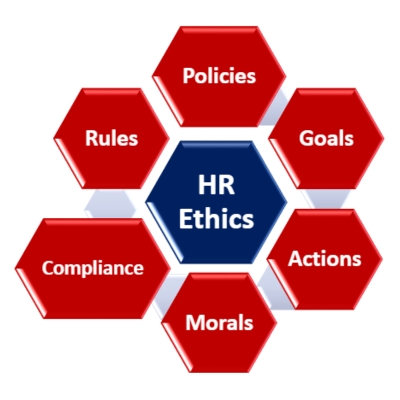Ethics in Human Resource Management (HRM) refers to the moral obligation to align workplace practices with the values, motives, and interests of employees—such as job security, fair compensation, meaningful work, and a healthy work-life balance. Ethical HRM seeks to foster job satisfaction not merely as a byproduct, but as a core principle in managing people.
Economic vs. Human-Centered Responsibility
Human resource management is inherently an entrepreneurial function. Like all business disciplines, its primary mandate is profitability—specifically through optimizing workforce efficiency by reducing costs and maximizing performance. However, reducing employees to mere economic factors fails to respect the intrinsic value of human labor.
Drawing from Immanuel Kant’s moral philosophy, labor should never be treated solely as a means to an end. Instead, employees must be respected as ends in themselves—individuals with dignity, purpose, and agency. Modern HRM therefore embraces both economic efficiency and social responsibility.
The Dual Goals of Ethical HRM
Contemporary theory frames HRM as a goal-dualistic discipline. It must simultaneously:
-
Achieve economic efficiency (organizational profitability)
-
Ensure social efficiency (humane and fair treatment of employees)
Two Ethical Perspectives in HRM
1. Harmonic Perspective (Goal-Dependent)
This view holds that economic success depends on social responsibility. High job satisfaction leads to better performance, which in turn leads to increased profitability. As Roth (1987) succinctly put it:
“More satisfaction → Better performance → Greater profit.”
This socio-economic harmony model is widely accepted: a 2006 study by Ehrlich and Lange found that 77% of HR professionals and over half of academics support this integrated view.
2. Integrative Perspective (Goal-Dualistic)
Rather than subordinating one goal to the other, this perspective views profitability and ethical employee treatment as equally important, requiring a balance—not a trade-off. HRM must be designed to respect both priorities independently, finding practical ways to align business goals with human values.
Practical Implications
Failure to address the ethical dimension of HRM can lead to:
-
Loss of employee motivation and organizational identification
-
Increased turnover or brain drain
-
Long-term damage to company culture and reputation
In contrast, socially responsible HR practices—such as fair compensation, recognition, autonomy, and transparency—reinforce commitment and enhance sustainable performance.
« Back to Glossary Index





![15 Employee Offboarding Templates That Save Hours of HR Time [Free Downloads] 15 Employee Offboarding Templates That Save Hours of HR Time [Free Downloads]](https://i1.wp.com/www.hrcloud.com/hubfs/Header.png?w=150&resize=150,100&ssl=1)
